In the gritty streets of 1970s New York City, one man’s ambition would lead him from poverty to the pinnacle of the drug trade, only to face the inevitable consequences of his choices. Frank Lucas, a notorious heroin dealer, became a legend in the underworld, known for his cunning, ruthlessness, and extravagant lifestyle. This is the captivating story of Frank Lucas a tale of power, betrayal, and the high stakes of the drug empire.
A Humble Beginning
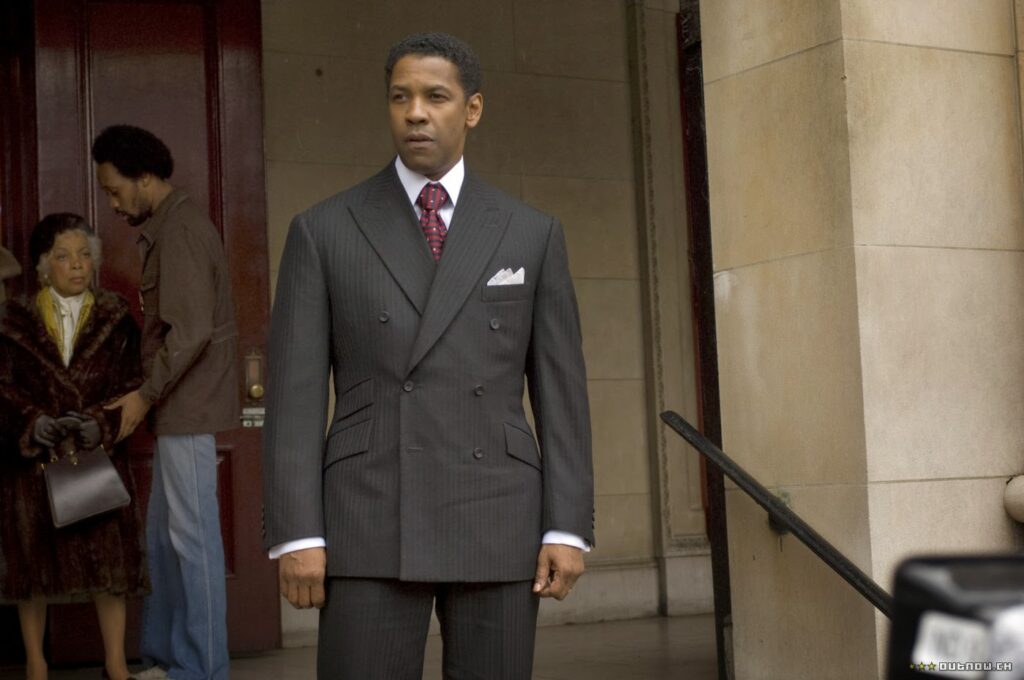
Frank Lucas was born on September 9, 1930, in La Grange, North Carolina. Growing up in a poor, segregated community, he faced hardship from an early age. After his father died, Lucas and his family moved to Harlem, New York City, where the streets became both his classroom and battleground.
As a young man, Lucas quickly learned the harsh realities of life. He dropped out of school and turned to hustling, selling small amounts of drugs just to survive. The streets of Harlem were unforgiving, filled with violence and competition. But beneath his tough exterior lay a mind sharp enough to recognize opportunity when it presented itself.
The Turning Point
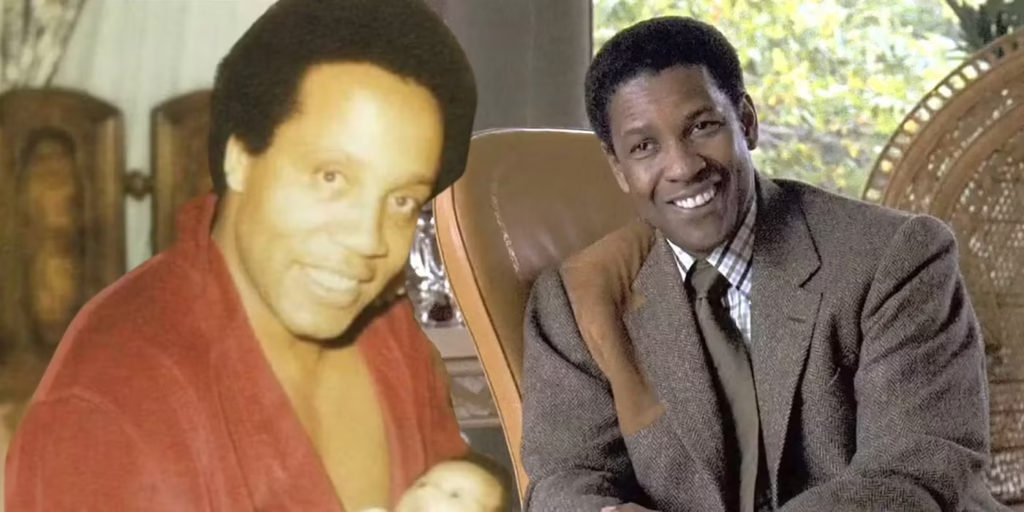
The turning point in Lucas’s life came during the late 1960s, a time when the Vietnam War was raging and heroin flooded the streets. Lucas saw a gap in the market: while other dealers relied on middlemen, he could cut them out entirely. He devised a plan to import pure heroin directly from Southeast Asia, using connections he made with soldiers returning from the war.
The Vietnam Connection
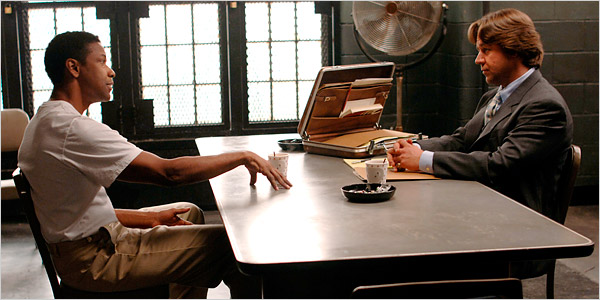
Lucas befriended soldiers who had served in Vietnam, where heroin was plentiful and cheap. He learned how to smuggle the drug back to the U.S. by hiding it in the coffins of deceased soldiers an audacious and chilling tactic. This direct pipeline allowed him to bypass traditional routes and significantly reduce costs, giving him a competitive edge.
With the help of these soldiers, Lucas established a direct pipeline for smuggling heroin into the U.S. He branded his product as “Blue Magic,” a name that would soon strike fear and awe in the hearts of many. The heroin was potent and affordable, allowing him to dominate the Harlem drug scene.
The Kingpin Emerges
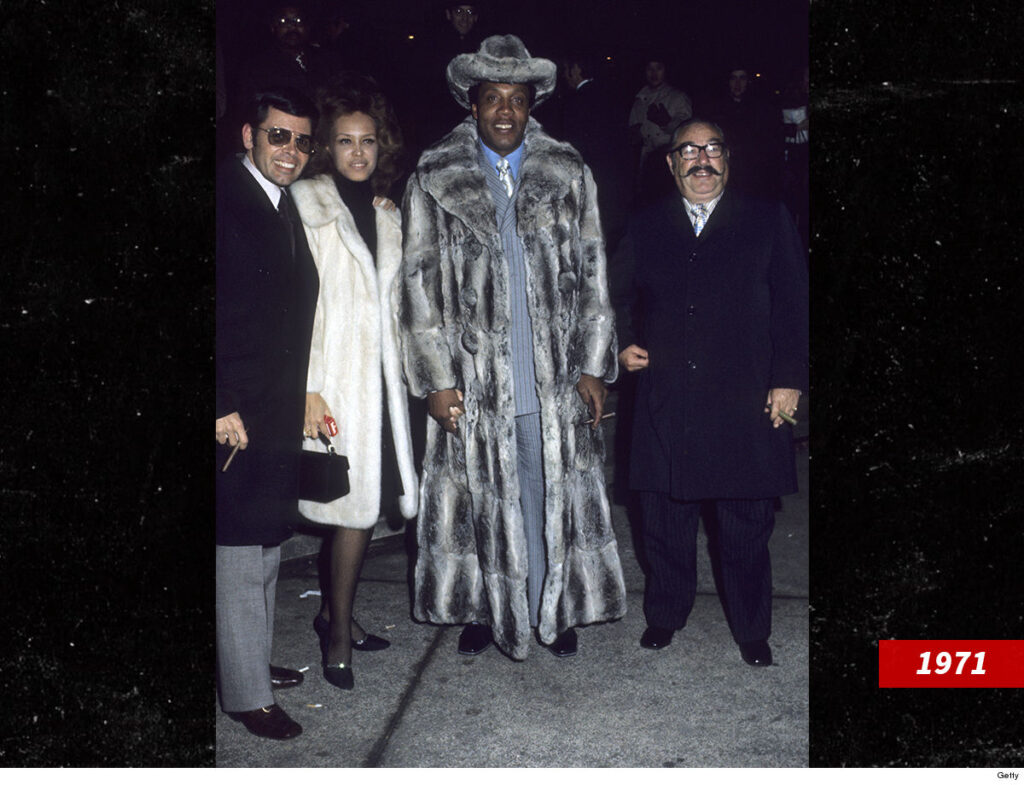
As his empire grew, so did Lucas’s wealth and influence. He became a master of his craft, employing a network of loyal distributors and enforcers. His operation was marked by an unusual level of organization and discipline, which set him apart from other drug lords.
Building the Empire
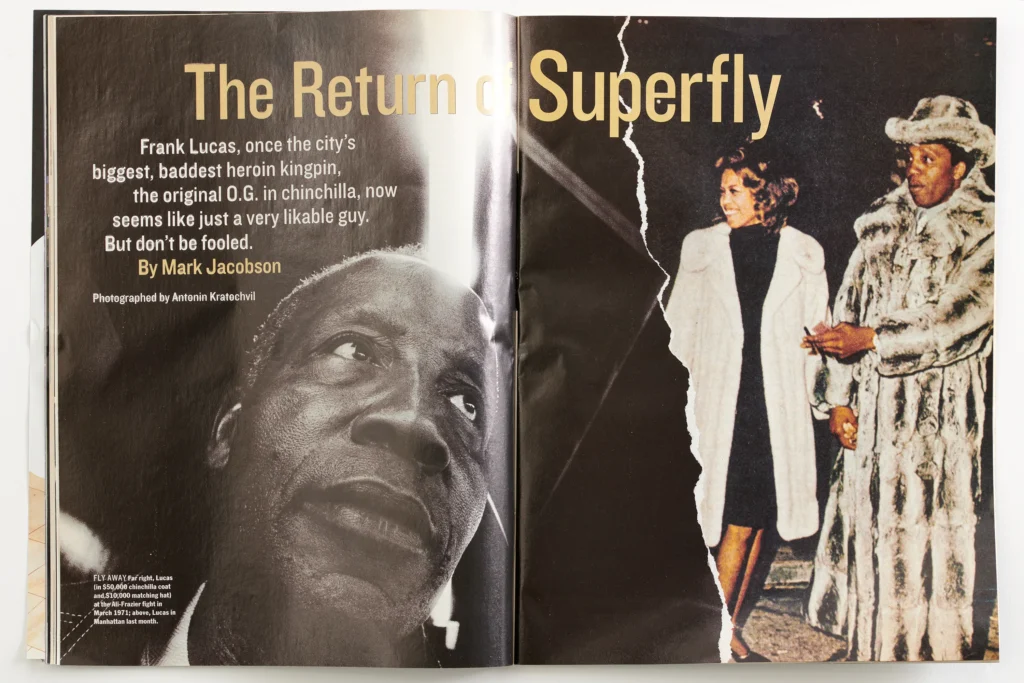
Lucas understood the importance of controlling the supply chain. He meticulously oversaw every aspect of his business, from production to distribution. He established relationships with local dealers, ensuring that his product was available on every street corner in Harlem. This strategy not only increased his profits but also solidified his reputation as a force to be reckoned with.
With his newfound riches, Lucas embraced a lavish lifestyle. He bought luxury cars, expensive suits, and a sprawling mansion in New Jersey. He was living the American Dream—or so it seemed. His rise to power was meteoric, but it came with a price: the constant threat of violence from rival gangs and law enforcement.
The Power Play
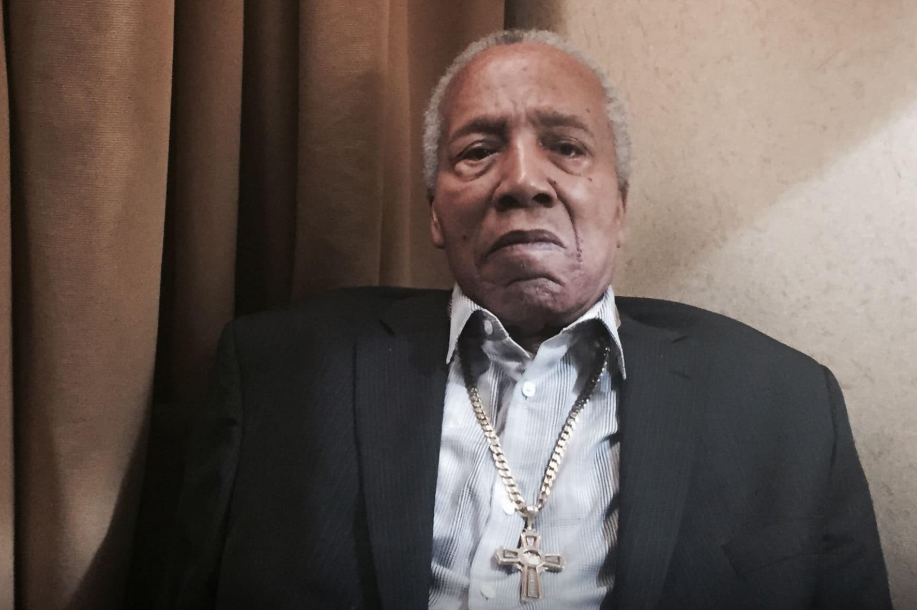
Lucas was not just a drug dealer; he was a strategist. He understood the importance of loyalty and fear in maintaining control. He eliminated threats with ruthless efficiency, ensuring that his name commanded respect. However, as his notoriety grew, so did the attention from law enforcement.
The Code of Silence

In the world of organized crime, silence is golden. Lucas enforced a strict code of loyalty among his associates. Betrayal was met with swift and brutal punishment. He created an environment where fear kept his workers in line, and this allowed him to operate with a level of security that many others in the drug trade could only dream of.
However, the higher he climbed, the more precarious his position became. Law enforcement agencies began to take notice of his operations, and rival gangs started to see him as a threat. The stakes were rising, and Lucas was playing a dangerous game.
The Staggering Fall
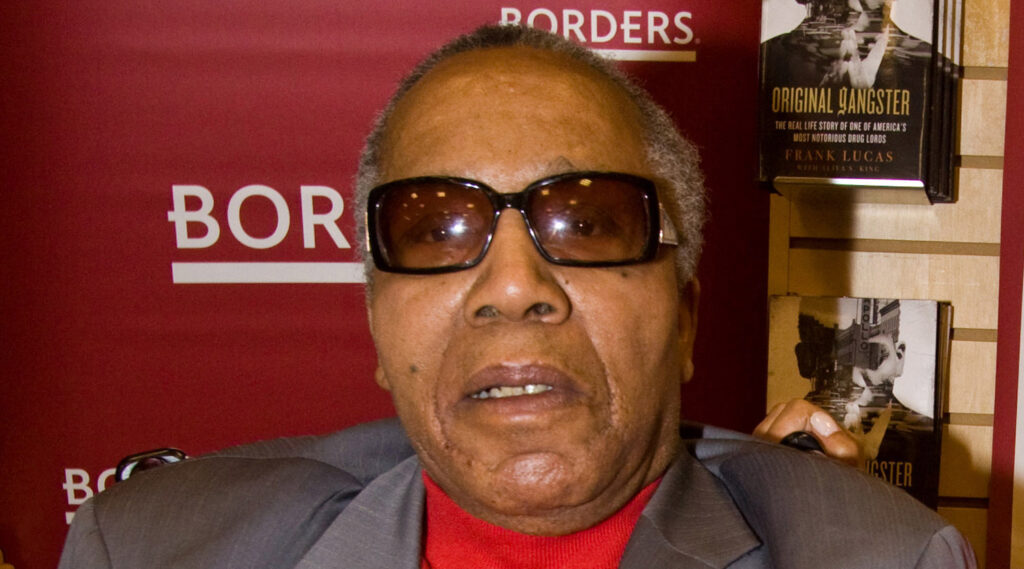
In 1975, after years of evading law enforcement, Frank Lucas’s luck ran out. A series of coordinated raids led to his arrest, and he faced a mountain of charges related to drug trafficking. The evidence against him was overwhelming, and it seemed like the end of the line.
The Unexpected Choice
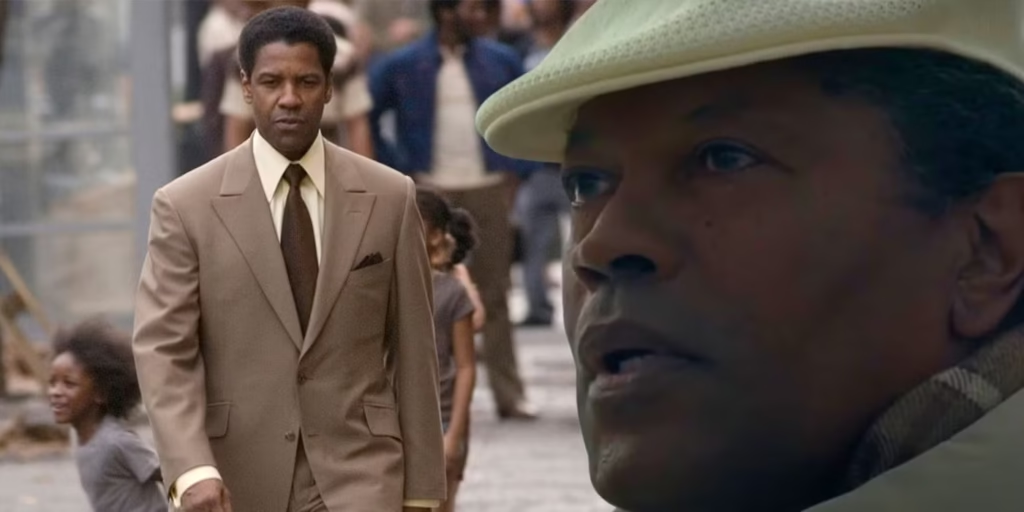
Faced with the prospect of a lengthy prison sentence, Lucas made a shocking decision: he agreed to become an informant. In exchange for a reduced sentence, he provided invaluable information to the authorities about his associates and the operations of the drug trade. His testimony led to numerous arrests, dismantling significant parts of the heroin trafficking network.
This move shocked the underworld. Once a feared kingpin, he was now a pariah among his former allies, living under the watchful eye of law enforcement. His decision to cooperate not only saved his life but also marked a significant turning point in the war against drugs in America.
A Life Reimagined
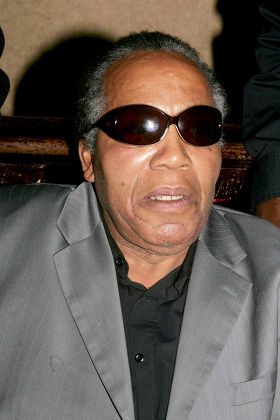
After serving a reduced sentence, Frank Lucas emerged from prison in the early 1980s. However, the world he once ruled had changed. New players had entered the drug game, and Lucas struggled to find his footing in a landscape that had evolved beyond his control.
The Struggles of Reintegration
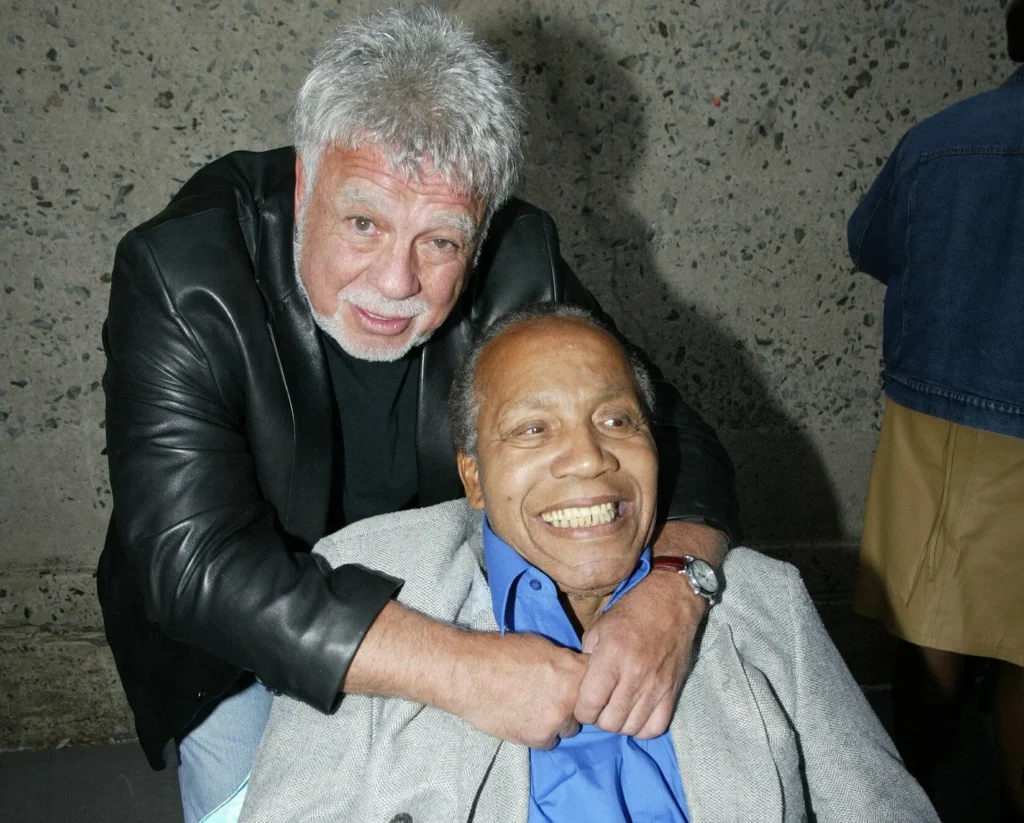
Lucas faced numerous challenges as he attempted to reintegrate into society. The lavish lifestyle he once enjoyed was now a distant memory. He found it difficult to adapt to a world that had moved on without him. The streets of Harlem were no longer his domain, and he was forced to confront the consequences of his past decisions.
Despite these struggles, Lucas never lost his desire to tell his story. He became a motivational speaker, sharing his experiences and warning others about the dangers of the drug trade. He spoke to schools and community organizations, hoping to deter young people from following in his footsteps.
The Legacy of Frank Lucas
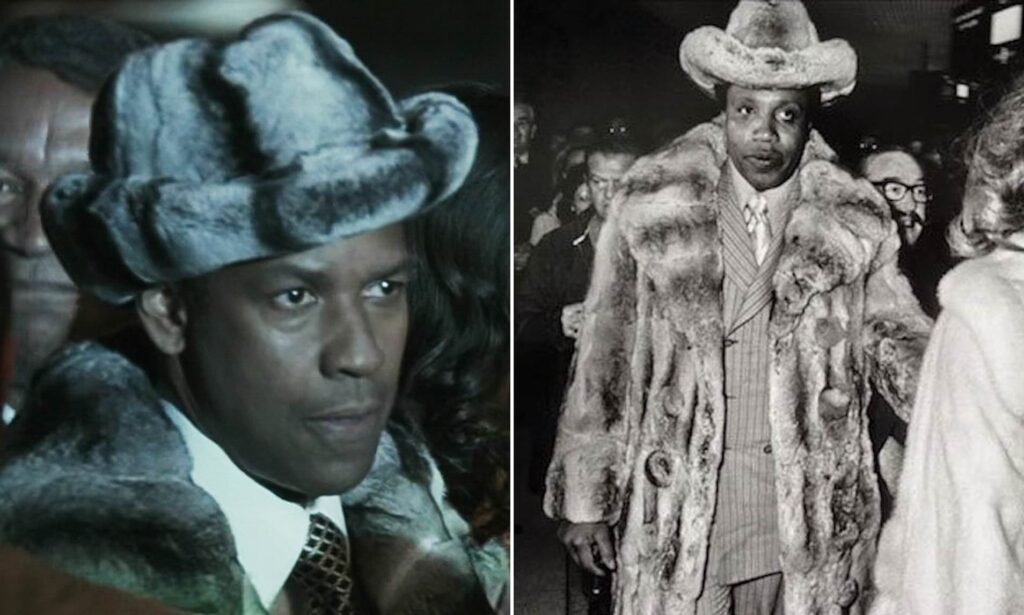
Despite his criminal past, Lucas’s story became a cultural phenomenon. His life inspired the 2007 film “American Gangster,” which dramatized his rise and fall, bringing renewed attention to his story. The film portrayed him as both a villain and a victim, highlighting the complexities of his character.
A Controversial Figure
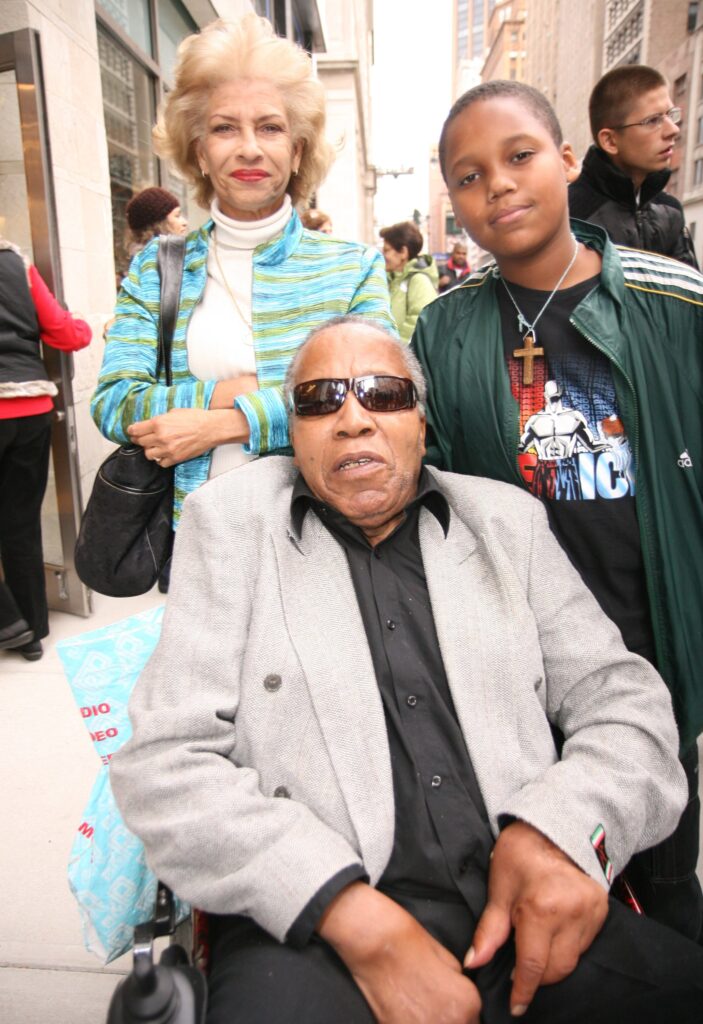
Lucas became a controversial figure, viewed by some as a symbol of the American Dream gone wrong. He was both admired and reviled, a man who had achieved success through illegal means but also a cautionary tale of the dangers of ambition unchecked by morality.
In the years that followed, Lucas sought redemption. He continued to speak publicly about his life, emphasizing the importance of making better choices. His story served as a reminder that the allure of power and wealth can lead to devastating consequences.
Conclusion
The tale of Frank Lucas is one of ambition, power, and the harsh realities of the underworld. From his humble beginnings to his rise as a kingpin and eventual fall from grace, Lucas’s life encapsulates the complexities of organized crime in America. His legacy serves as a reminder of the allure of power and the inevitable consequences that follow those who seek it in the shadows.
In the end, Frank Lucas’s story is a gripping narrative of the highs and lows of a life lived on the edge—a testament to the risks taken in pursuit of the American Dream and the haunting truth that every rise has its fall. As we reflect on his life, we are left with the sobering realization that the pursuit of power, when fueled by greed and desperation, can lead to a tragic end.


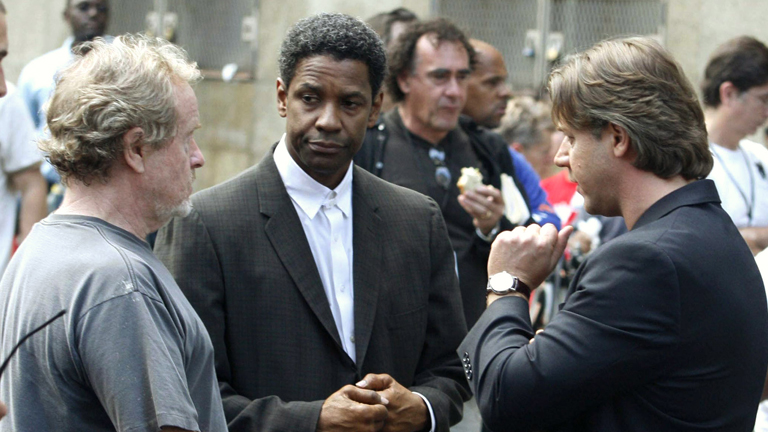
1 thought on “THE RISE AND FALL OF FRANK LUCAS: A KINGPIN’S TALE”